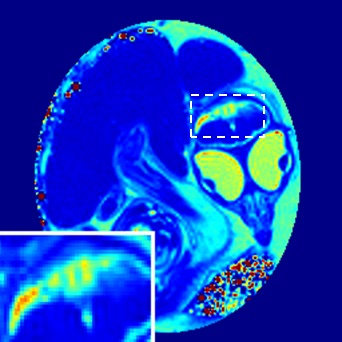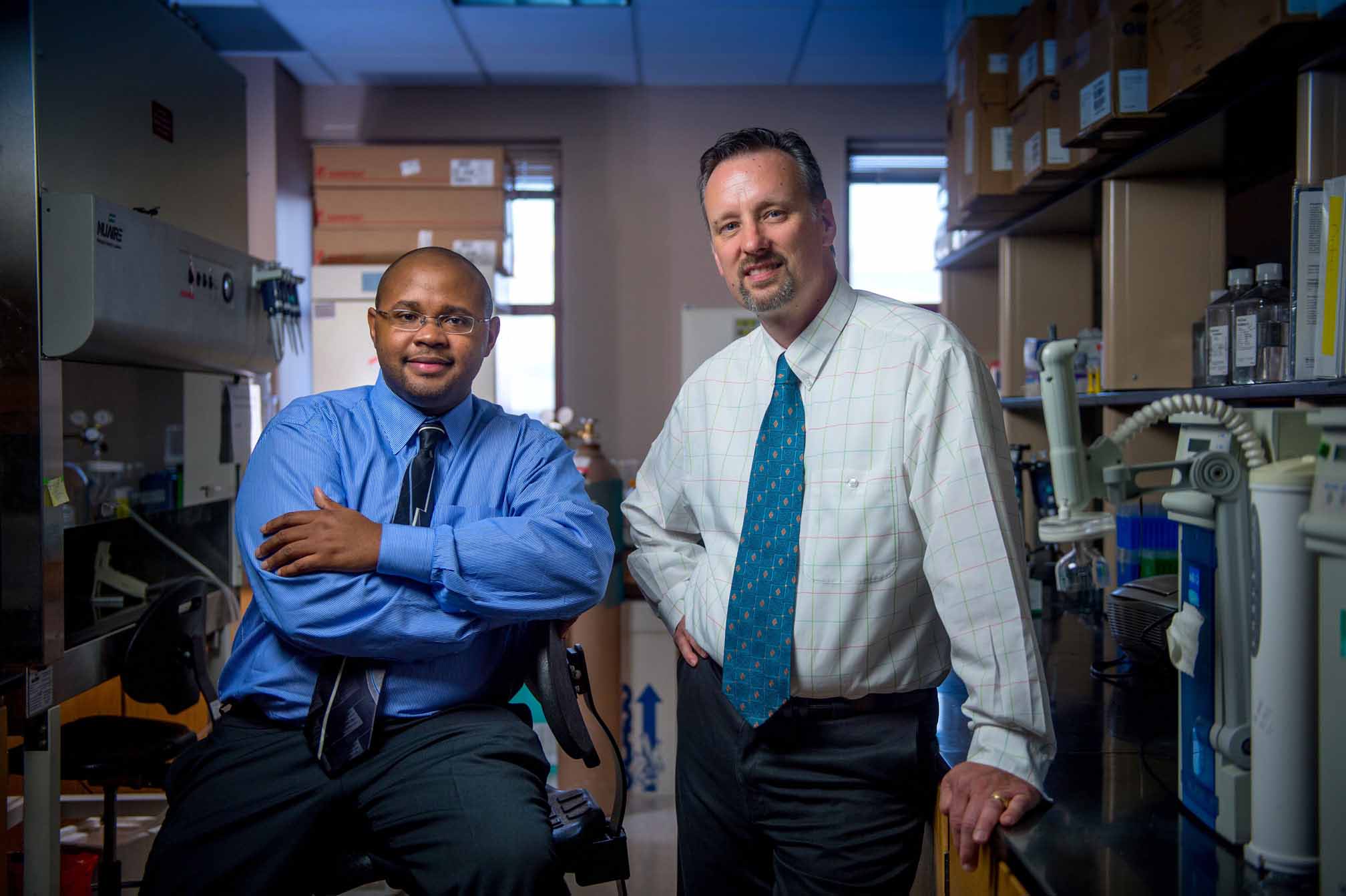 CAES News
CAES News
Return to Structure
Summer break is almost over. That’s right — no more late nights, naps during the day and, my favorite, living without a schedule. While I hate to remind you that our time will no longer be our own, I hope to make it easier for parents, as well as teachers, to return to their respective routines, which includes getting children back to school. As parents, we are instrumental in our children’s educational success. There are some things we can do to prepare little ones for success in the classroom.




